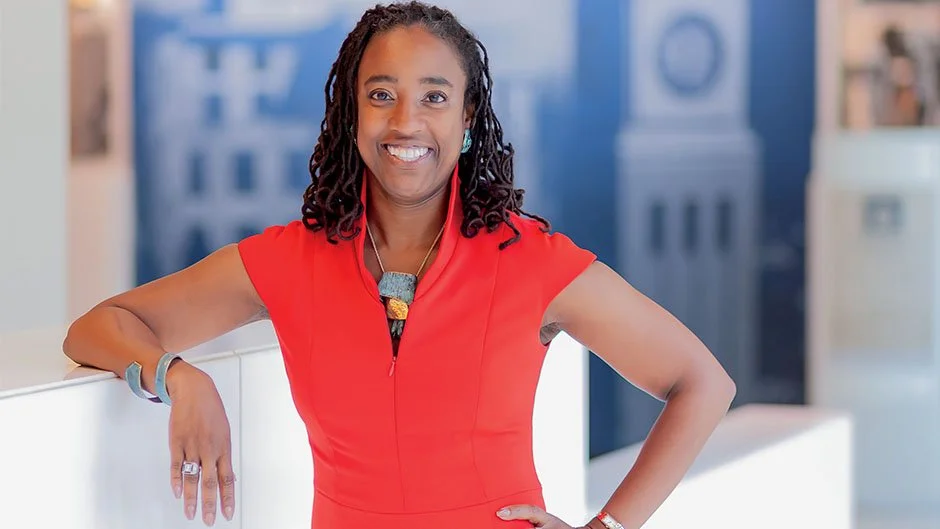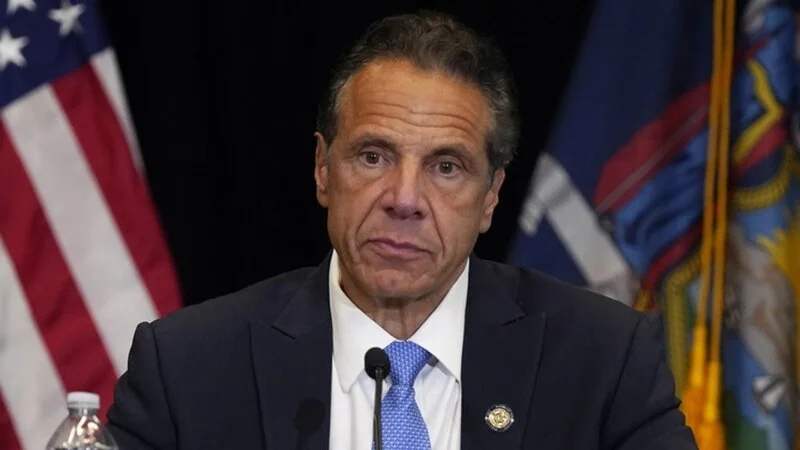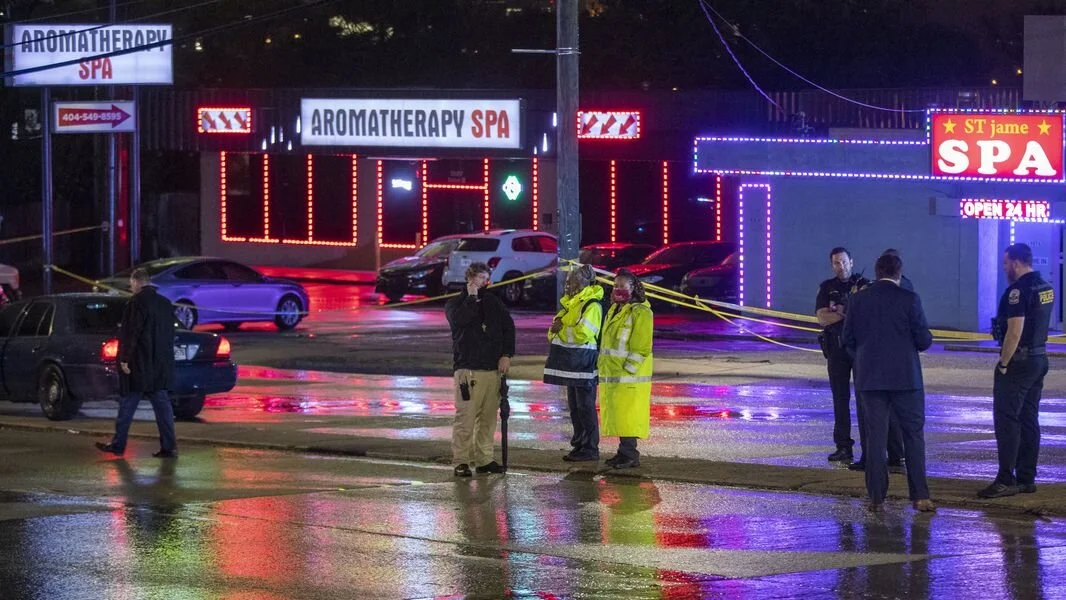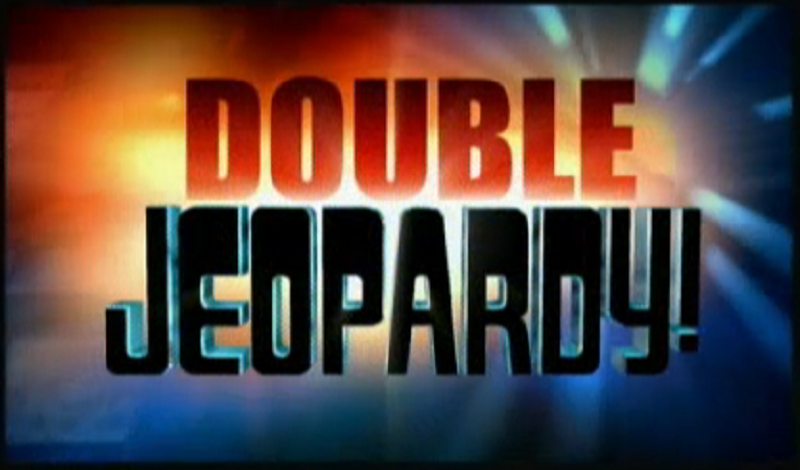Grand juries are a handy tool for prosecutors, providing a ready pretext for any potentially controversial decision to bring charges or, as is often the case with police accused of crimes, not bring charges. Do grand jury proceedings serve any purpose, or are they just theater? Dave explains on 90.5 WESA's The Confluence.
Read MoreThe criminal legal system has left us with too little justice, and too much mass incarceration, racial disparities, and lifelong burdens on those it touches. But few groups suffer as much under the system’s burdens as young black people.
Read MoreAndrew Cuomo is out as New York governor, after multiple accusations of harassment and abuse from female staff members. Could Cuomo be criminally prosecuted for alleged behaviors that may have crossed the line into sexual assault?
Read MoreBill Cosby is out of prison, but not because he's innocent of the rape charges that landed him there. What happened?
Read MoreHoping to leverage public frustration with rising crime, Philadelphia DA Larry Krasner's critics framed his reelection as a referendum on the incumbent's progressive reforms. In the end it was -- but not in the way they had hoped.
Read MoreIn the US, the local prosecutor – usu the district attorney has a huge influence on the criminal system. The DA influences who gets prosecuted, for what, how long they serve if convicted – even who gets the death penalty. So what happens when the usual tough on crime DA gets replaced – by someone determined to bring transformational change to prosecution?
Read MoreThe apparently racially-motivated spa murders in Atlanta have reignited discussion about hate-crime statutes. How do these laws work? How often are they applied, and to what ends?
Read MoreWe’ve all heard about the cases of wrongfully convicted people going to prison for the crimes others committed. In some cases, DNA exonerates them and finds the person who really did it. But what about people wrongfully convicted – of crimes that never happened at all?
Read MoreDerek Chauvin faces second- and third-degree murder and assault charges, and the three other Minneapolis police officers who watched him kill George Floyd are charged with aiding and abetting the crime. Why not first-degree? What do the charges mean? Dave breaks down the prosecution's reasoning.
Read MoreFlorida may soon execute a man convicted of murder largely on the testimony of another man with whom he shared a jail cell. The problem? The informant, an ex-cop, has a decades-long long record of fraud and deception. A joint report by ProPublica and the New York Times Magazine says Paul Skalnik may be one of the most prolific jailhouse snitches in the country. But the use of such informants to bolster flimsy cases is widespread.
Read MoreDid you know that police officers in eight states also double as prosecutors? Dave recommends The Appeal's October 10 report by Julia Rock and Harry August.
Read MoreDave explains how prosecutors use "drug delivery resulting in death" charges in opioid overdose deaths on WESA's The Confluence.
Read MoreTo understand Sen. Kamala Harris's criminal justice positions, you have to look at each of the three distinct phases of her career: politically ambitious prosecutor in San Francisco, controversial "top cop" AG of California, and Democratic primary contender lurching leftward as consensus shifts on the issues that defined her. Which is the real Harris?
Read MoreAs reform-minded elected prosecutors gain power across the U.S., they’re increasingly coming under fire from their federal counterparts — most recently, an anti-democratic tirade by U.S. Attorney Bill Barr, who attacked progressive district attorneys for doing what voters elected them to do.
Read MoreAmerican prosecutors have always been powerful figures in our justice system: they decide the charges, and offer the plea bargains. But our guest says they have become far too powerful – resulting in mass incarceration and the wrecking of human lives over trivial offenses.
Emily Bazelon, best-selling author and a staff writer at The New York Times Magazine, says it’s time for this to change. She’s the author of “Charged: The New Movement to Transform American Criminal Justice and End Mass Incarceration.”
Read MoreAmericans know that if they want a better criminal justice system, prosecutors must drive change. We’ve seen the result in election of more progressive prosecutors across the country. But what should this new wave of prosecutors do? What policies should shape their priorities?
Read MoreThe Supreme Court affirms the longstanding "dual sovereignty" doctrine, which skirts the Fifth Amendment's Double Jeopardy Clause by distinguishing between state and federal cases.
Read MoreAmerican prosecutors have always been powerful figures in our justice system: they decide the charges, and offer the plea bargains. But our guest says they have become far too powerful – resulting in mass incarceration and the wrecking of human lives over trivial offenses.
Read MoreTwo very different views on how and when to prosecute financial fraudsters and corporate criminals: Former U.S. Attorney Preet Bharara says plausible deniability makes it all but impossible to go after high-level executives like those who caused the 2008 housing collapse and ensuing crises. Others, like journalist Jesse Eisinger and Bharara’s own SDNY predecessor (one James Comey), say effective deterrence means taking on tough cases even when there’s a risk of losing.
Read More
Michael Rosfeld, the former East Pittsburgh police officer seen on video shooting 17-year-old Antwon Rose in the back as he runs away, has been found not guilty of the unarmed teen's murder. While Friday's verdict angered many and surprised some, it's only the latest in a long string of cases demonstrating the near-impossibility, under current statute and case law, of successfully prosecuting police officers for homicide.




















